Convenience is quietly costing someone their future.

Every convenience product promises ease, but there’s always a hidden cost lurking behind the scenes. Sure, those coffee pods and disposable wipes make life simpler, yet they also quietly dismantle ecosystems and upend communities in ways you’d probably rather ignore. That effortless grab-and-go snack, neatly wrapped in plastic, sets off a chain reaction that leads straight to someone else’s health nightmare or environmental catastrophe. While you’re blissfully upgrading phones or stocking up on bargain fashion, distant lands grapple with toxic waste mountains, poisoned rivers, and displaced families—each a direct result of your casual, everyday decisions.
Convenience might feel harmless, but it often comes packaged with consequences that echo painfully elsewhere. That plastic straw floating innocently in your iced coffee doesn’t vanish; it becomes a deadly trap. Your sleek new phone leaves behind toxic chemicals, poisoning lives quietly, miles away. Convenience feels like magic—but unfortunately, it’s a cruel illusion built on someone else’s misfortune.
1. Your plastic straw just killed Nemo’s cousin.
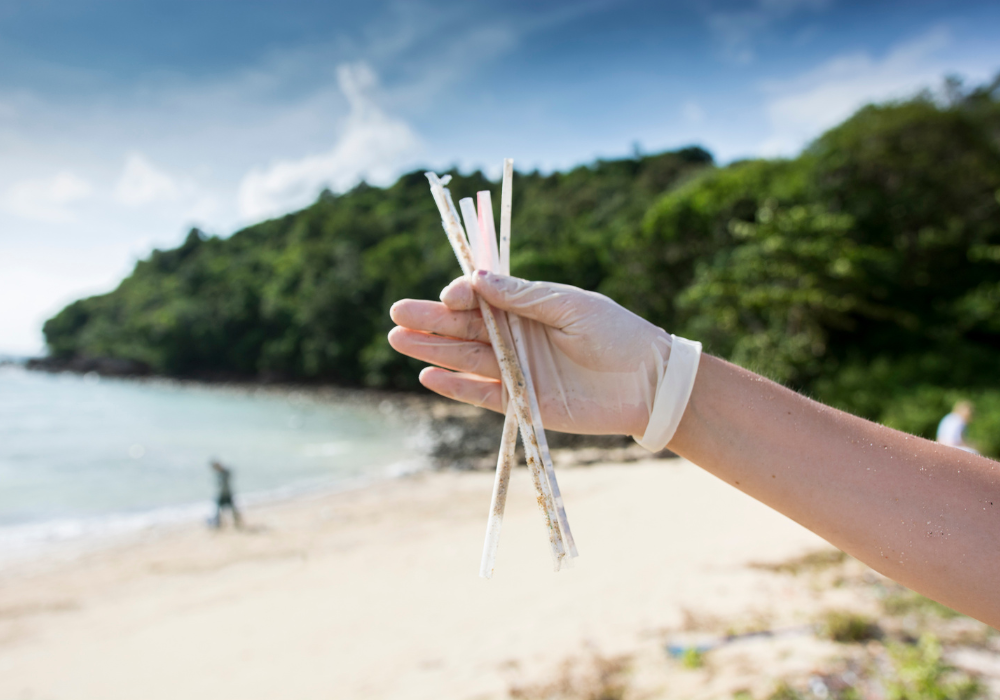
It might seem ridiculous to blame a straw, but that small piece of plastic swirling in your iced latte can easily become marine debris. Every day, countless turtles, birds, and sea creatures mistake plastic waste for a tasty snack, ending up injured or starved after consuming it. What looks like harmless garbage to you is actually a fatal hazard in the ocean, silently claiming lives beneath the waves.
The story doesn’t end there—plastic breaks down into tiny microplastics, invisibly contaminating your seafood dinner. In fact, a recent study reported by Stacey Leasca for Food & Wine found microplastics in 180 out of 182 seafood samples, including commonly consumed species like salmon and shrimp. Each shrimp cocktail or fish taco could come seasoned with microscopic fragments of your own discarded straw. Your brief convenience transforms oceans into plastic-filled nightmares, ensuring the damage circles right back to your dinner plate.
2. That $5 shirt deal just drained a village dry.

Grabbing a trendy shirt on sale might feel like a harmless treat, but hidden beneath its price tag is an alarming water crisis. Cotton production is notoriously thirsty, consuming thousands of liters of water per shirt. In drought-prone regions where factories operate, local villagers find themselves competing with factories for the very water they need to survive. It’s not just water shortages causing the issue; toxic dyes from factories pour freely into nearby rivers, poisoning entire communities.
According to Heal the Planet, the textile industry contributes to 20% of industrial water pollution globally due to fabric dyes and treatments. Drinking, cooking, and farming become daily struggles as polluted water damages both health and livelihoods. Your spontaneous fashion choice quietly turns someone else’s community into a toxic battleground.
3. Your shiny new phone is someone else’s toxic nightmare.
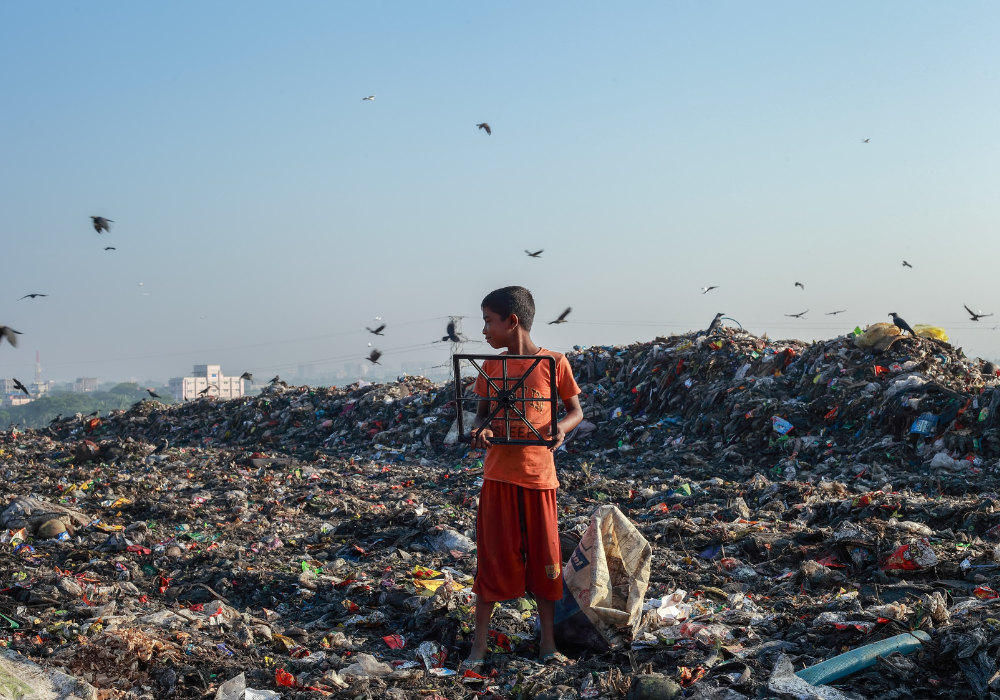
That shiny new smartphone makes life exciting—but your discarded old device is likely causing misery far away. Every upgrade sends more electronic waste to impoverished communities overseas, where locals dismantle gadgets by hand. Without protective gear, they inhale dangerous toxins like lead and mercury daily, suffering severe illnesses from your discarded tech.
Even worse, children often participate in this hazardous recycling process, exposing them to life-threatening pollutants. As reported by researchers for the World Health Organization, children working in informal electronic waste recycling face serious health risks due to exposure to toxic substances.
While you’re enjoying a faster device with better selfies, someone else struggles to breathe due to toxic fumes. Your tech obsession quietly transforms into their everyday tragedy, turning your upgrade into someone else’s downfall.
4. Those “flushable” wipes just unleashed a sewer apocalypse.
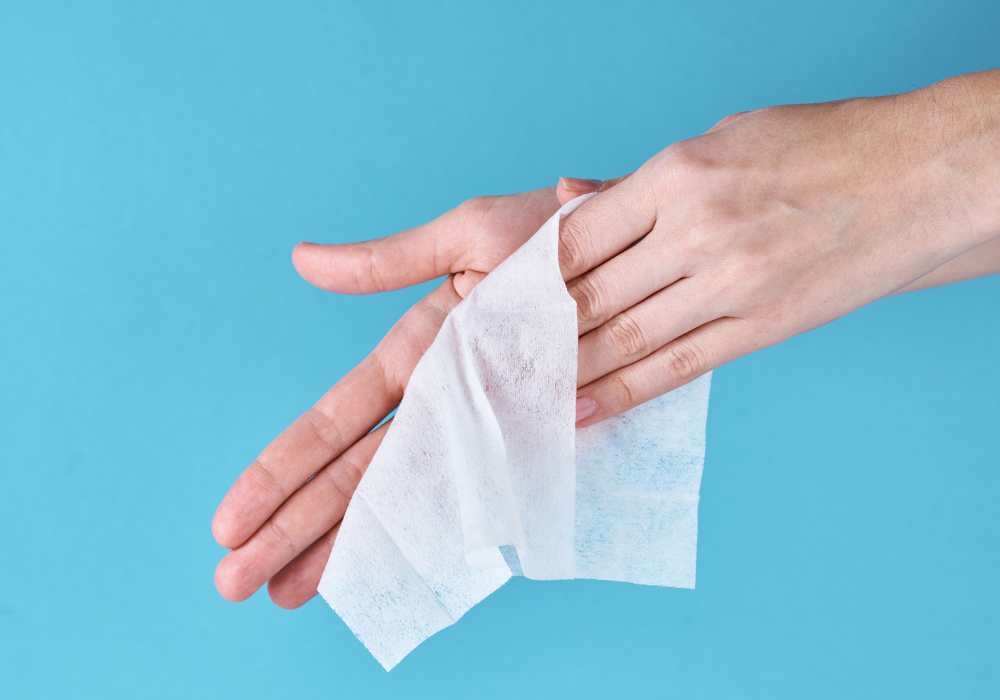
They’re labeled “flushable,” but disposable wipes aren’t as innocent as advertised. Each wipe flushed down the toilet can team up with fats and grease, creating monstrous sewer blockages known as fatbergs. These massive blobs trigger sewage overflows, flooding streets, and homes with disgusting waste.
The real nightmare falls on sanitation workers who must clear these dangerous blockages manually, risking exposure to harmful bacteria and disease. While you’re celebrating convenience and cleanliness, someone else is waist-deep in filthy aftermath. Your simple flush quietly creates chaos, reminding you that some problems can’t be washed away so easily.
5. Congrats—your midnight snack just torched a rainforest.
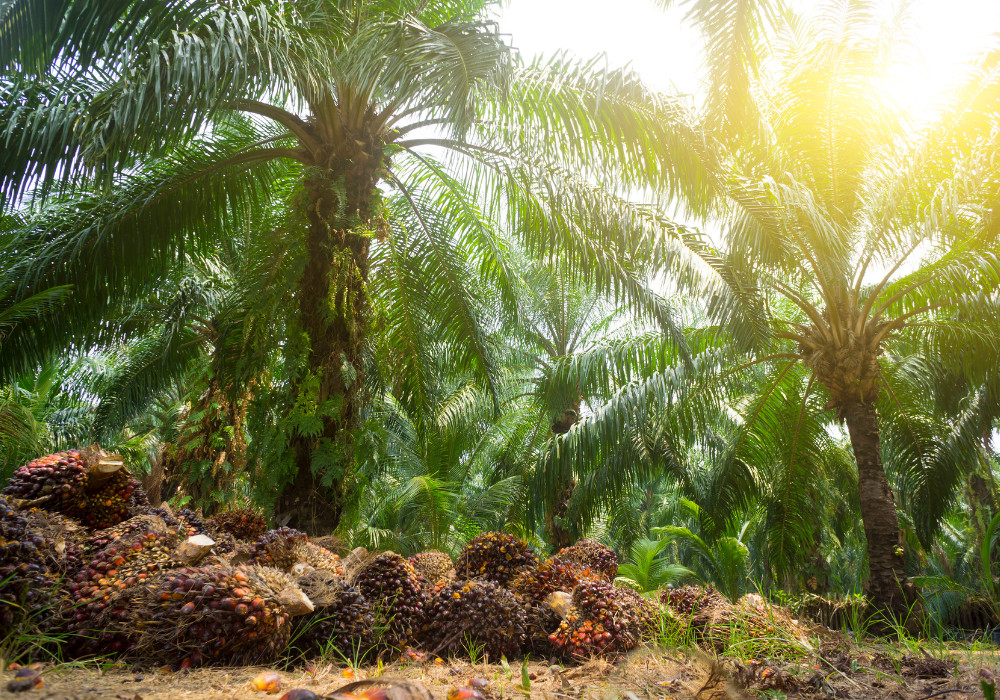
Palm oil seems harmless enough—until you realize rainforests vanish daily to produce this key ingredient in your favorite snacks. Massive deforestation displaces indigenous families, forcing them from homes they’ve inhabited for generations.
Each treat you casually grab from supermarket shelves quietly contributes to this environmental catastrophe. It’s not just people suffering; wildlife loses vital habitats as forests become plantations. Orangutans, elephants, and countless species face extinction, all thanks to your snack cravings. Your sweet tooth isn’t just satisfying a hunger—it’s fueling destruction, quietly ensuring each indulgence leaves a lasting, bitter taste far beyond the packaging.
6. That dead battery you tossed is haunting someone’s backyard.
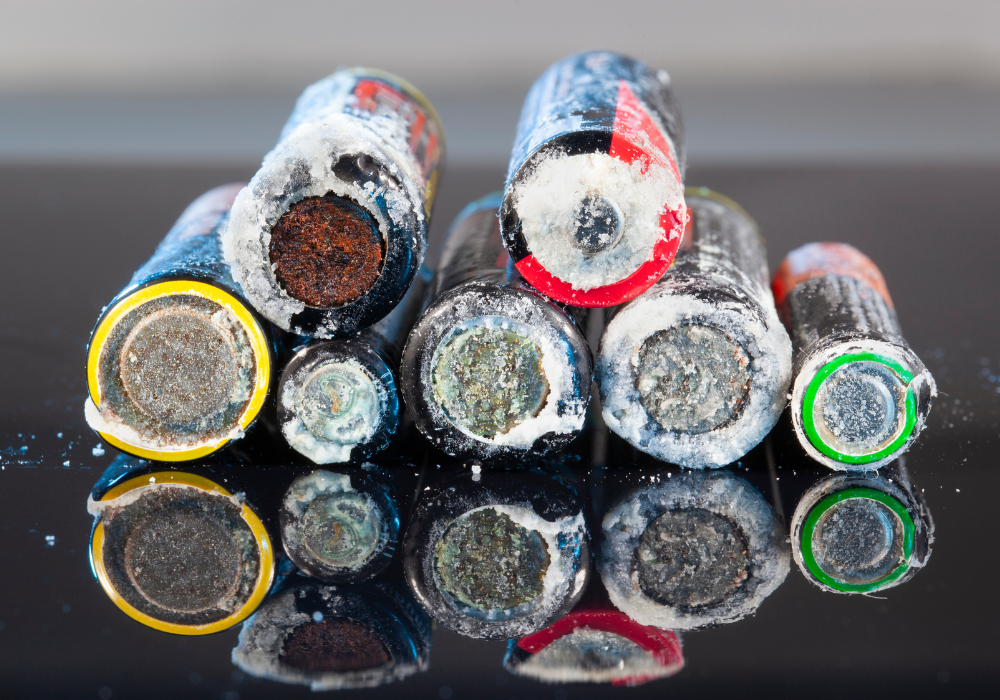
Batteries might seem small and harmless, but when tossed away, they’re anything but. Those tiny power cells leak hazardous chemicals like cadmium, mercury, and lead, silently poisoning the soil and groundwater where communities live. Families unknowingly drink this contaminated water, facing chronic illnesses as hidden consequences of your convenience. Recycling options in many places are limited or nonexistent, allowing toxins to accumulate unchecked.
Your quick fix for a TV remote or flashlight quietly creates lasting health problems elsewhere. Disposable batteries aren’t just power sources—they’re toxic legacies, quietly poisoning backyards and communities that never signed up to pay the price for your convenience.
7. Your snack wrapper traps waste pickers in poverty.
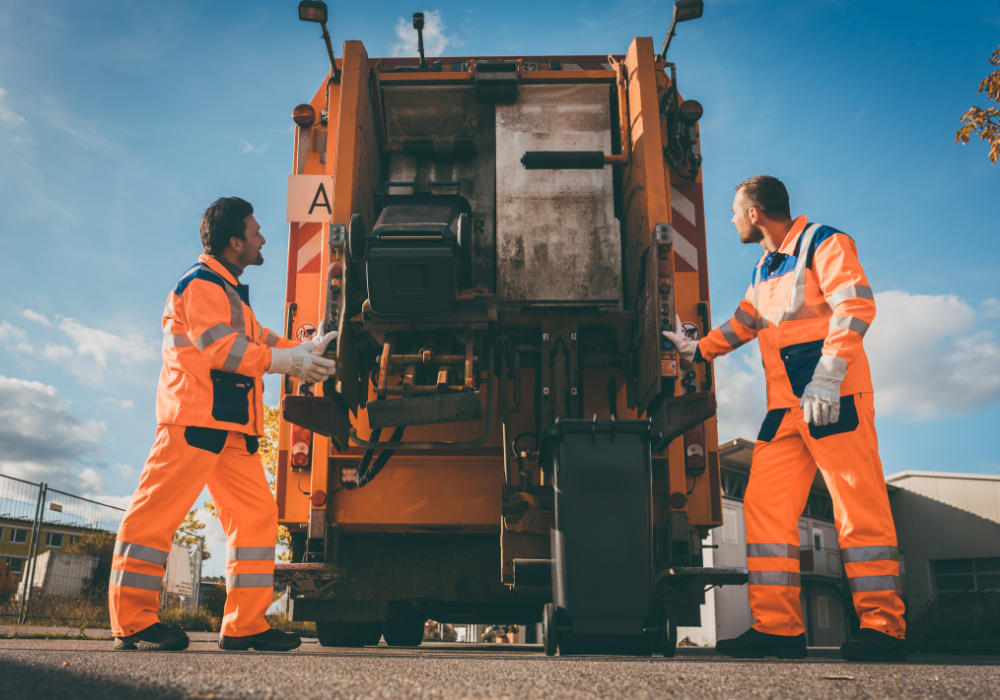
Snack wrappers are small, shiny, and easy to forget—but that forgetfulness has consequences. Across developing countries, informal waste pickers spend grueling hours sorting through garbage piles, hoping to salvage something valuable. Unfortunately, plastic packaging isn’t just worthless—it actively slows their progress, reducing their income and increasing exposure to dangerous waste.
To make matters worse, discarded plastic often gets burned openly, releasing toxic fumes that cause severe respiratory problems for these communities. Each candy wrapper or chip bag you casually toss adds to their suffering. Convenience suddenly doesn’t feel so convenient when you realize it traps others in poverty and illness.
8. Coffee pods: brewing convenience and eternal landfill misery.
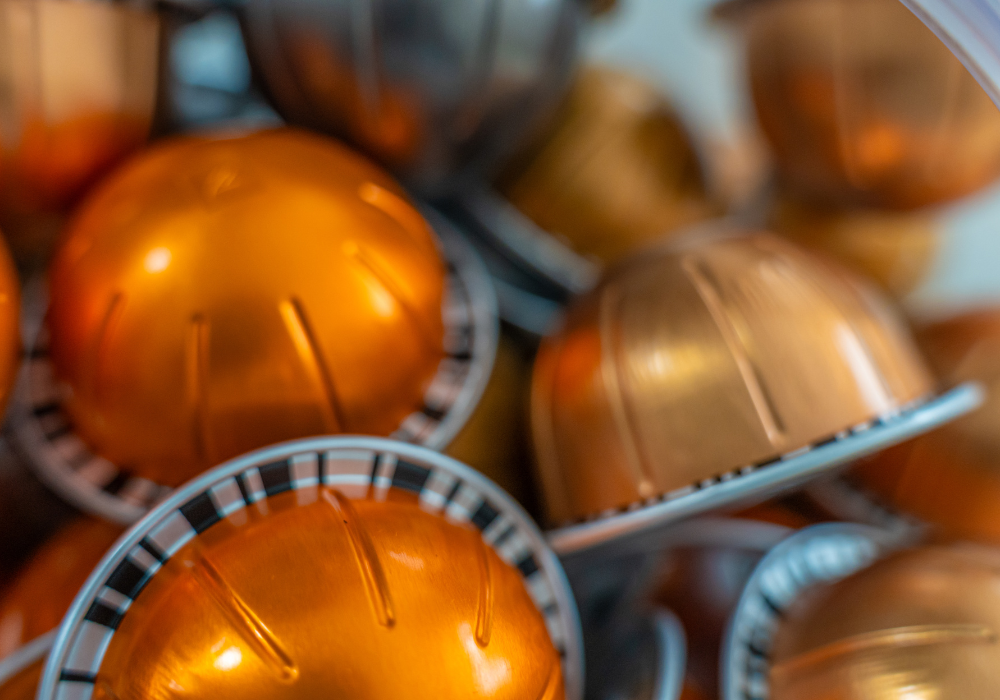
Brewing coffee in a tiny pod feels effortlessly chic—until you glimpse the endless heaps of plastic and aluminum piling up in landfills. Those little capsules rarely see recycling bins, instead accumulating indefinitely and poisoning environments with greenhouse gases. While you enjoy quick, no-mess caffeine, communities near these landfills breathe in toxins, facing health hazards they never bargained for. Coffee pods not only fill landfills but also demand excessive resources to produce, further compounding environmental harm.
Convenience might taste sweet in the morning, but it leaves behind a bitter aftertaste—pollution, contamination, and illness—felt hardest by those least able to bear it.
9. Your bottled water habit just stole someone else’s drink.
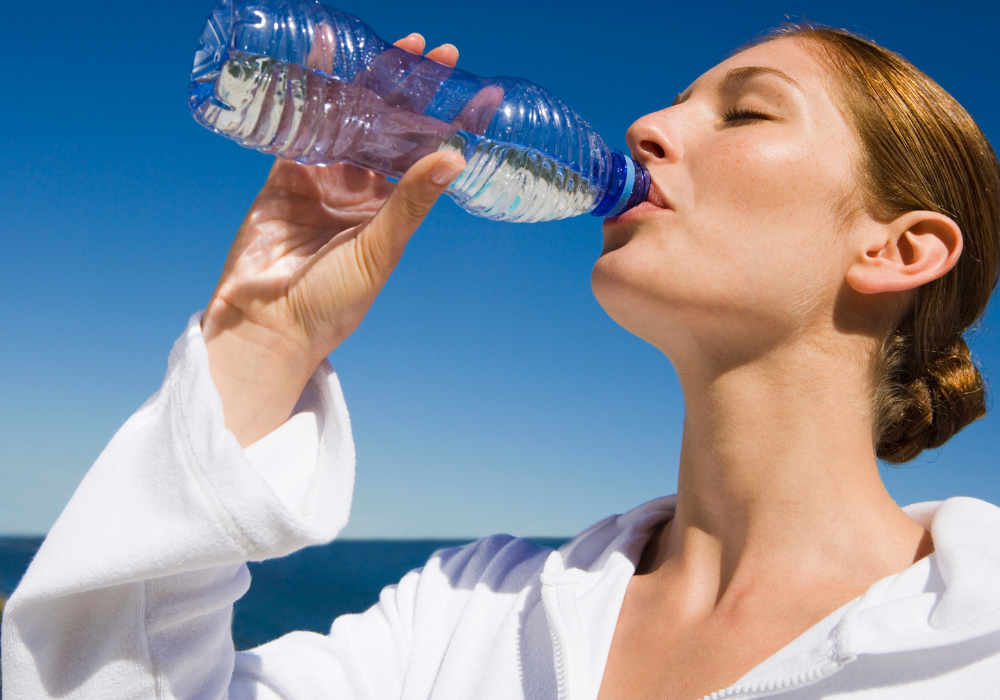
It’s easy to grab a bottled water without a second thought, but beneath your casual sip lies a harsh truth. Multinational companies regularly drain local water sources to produce that convenient bottle, leaving nearby villagers without access to clean drinking water. Communities in India, Mexico, and elsewhere watch helplessly as their rivers shrink, crops fail, and survival becomes a daily battle.
As companies profit, locals face the nightmare of wells drying up overnight, forced into buying back their own resources at premium prices. Your convenient hydration quietly translates into someone else’s dehydration crisis, turning every plastic bottle you buy into an act of unintended theft.
10. Disposable forks are stabbing Mother Nature in the back.
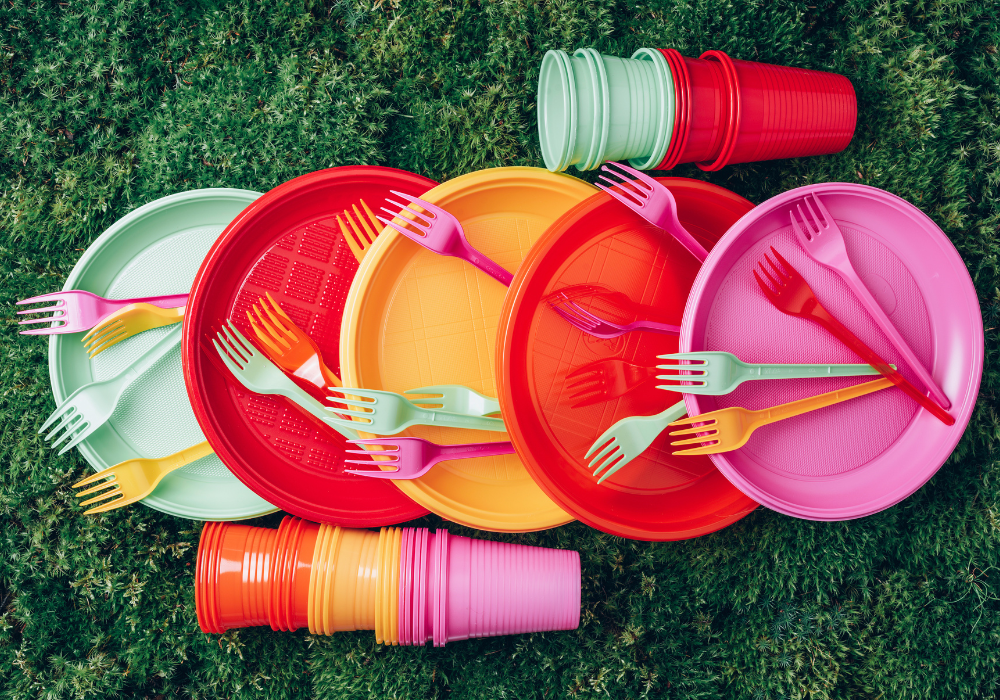
Throwaway forks and paper plates offer quick mealtime convenience, yet behind their disposability lies the destruction of pristine forests. Illegal logging and deforestation accelerate to satisfy consumer demand, devastating habitats and endangering wildlife dependent on these fragile ecosystems. The cutlery you discard without care quietly contributes to wiping out biodiversity and displacing indigenous communities.
Additionally, manufacturing these disposables consumes massive amounts of water and energy, compounding environmental harm. Your short-lived relief from dishwashing leaves forests scarred and communities uprooted. Next time you toss away plastic utensils, remember: convenience is temporary, but the ecological wounds left behind are painfully permanent.
11. Microbeads give fish an unwanted plastic diet.

Face scrubs promising silky-smooth skin often hide tiny villains: microbeads. These microscopic plastic particles slip through wastewater filters and flood waterways, turning pristine lakes and rivers into toxic plastic cocktails. Fish and aquatic life mistakenly ingest these beads, which then travel up the food chain, eventually landing back onto your dinner plate—talk about ironic beauty routines. As microplastics invade ecosystems, they carry harmful pollutants into the environment, quietly poisoning wildlife populations and human health alike.
Your exfoliating routine silently wreaks havoc underwater, turning the simple act of washing your face into an ecological nightmare that circles right back to your kitchen table.
12. Styrofoam takeout boxes will haunt the planet forever.
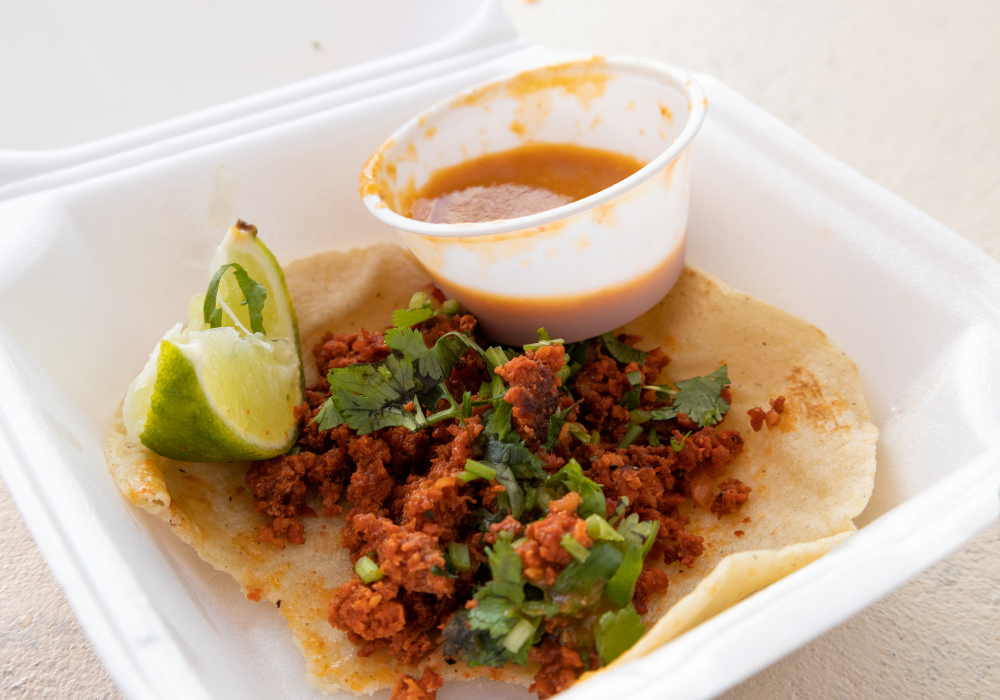
Grabbing takeout in a Styrofoam container feels quick and harmless, but the container’s story doesn’t end with lunch. Styrofoam persists indefinitely, refusing to biodegrade and leaching toxic chemicals into ecosystems for hundreds of years. Wildlife mistakes broken Styrofoam for food, consuming harmful fragments that block digestion and cause slow, painful deaths.
The production of these containers also releases toxins into nearby communities, harming workers and local residents alike. Your casual lunch purchase quietly leaves behind a legacy of environmental destruction, pollution, and human suffering. Convenience might vanish the moment your meal ends, but your Styrofoam container stubbornly—and toxically—outlives you.
